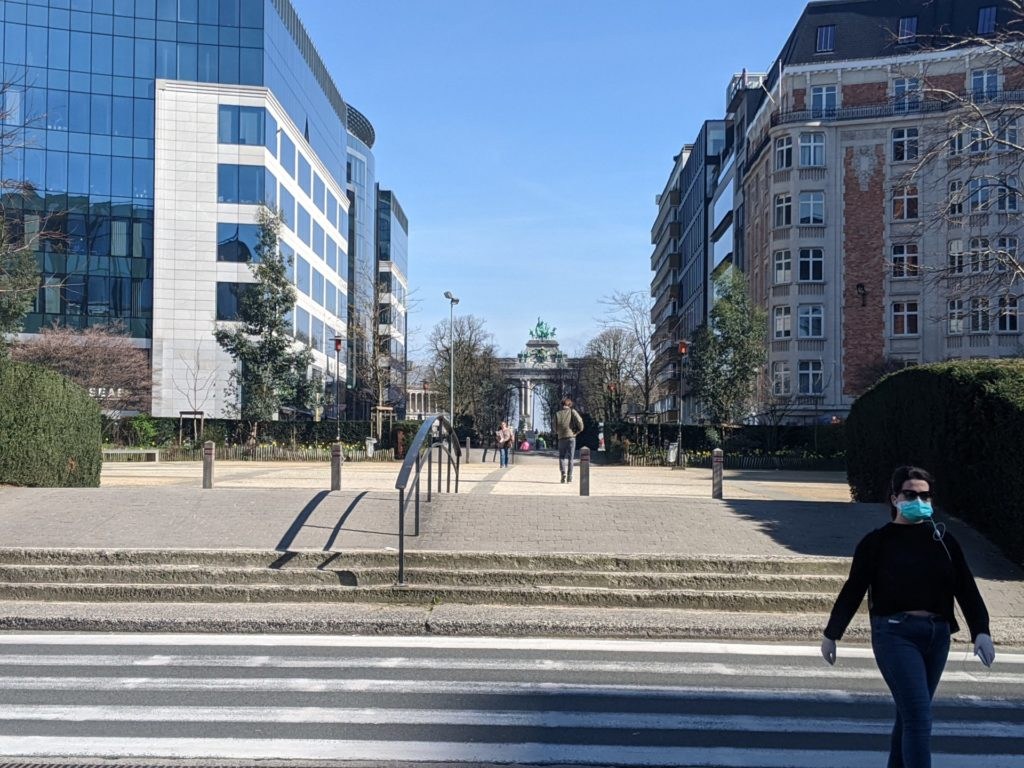Europe has been urged to do everything possible to avoid returning to widespread lockdown, in the face of a "rapid rise of infection rates all across the EU."
"Time is running out – everyone's first priority should be to do what it takes to avoid the devastating consequences of generalised lockdowns," European Health Commissioner Stella Kyriakides warned on Thursday.
Urging Europe to "prepare for the next steps," Kyriakides turned to talks of vaccines, and vaccination. "The vaccine will not be a silver bullet, but it will play a central role to save lives and contain the pandemic. And when and if a safe and efficient vaccine is found, we need to be prepared to roll it out as quickly as possible, including building citizens' trust in its safety and efficacy."
"Vaccines will not save lives – vaccinations will"
The majority of the release focused on vaccines and the logistics of distribution and treatment at a European level, with Kyriakides commenting that "vaccines will not save lives – vaccinations will."
"Now, we must ensure that once a vaccine is found, we are fully prepared to deploy it," added President of the European Commission, Ursula von der Leyen. "If we want our vaccination to be successful, we need to prepare now," she added.
When vaccines against Covid-19 arrive, Member States will have access to them at the same time, based on the size of the population, says the European executive, which is negotiating advance purchase contracts with the main pharmaceutical companies established in Europe.
Since the total number of vaccine doses will be limited in the early phases of deployment, the Commission confirmed the priority groups to be vaccinated:
- Health professionals
- People working in long-term care facilities
- People over 60 years of age
- People whose health status puts them at particular risk
- Essential workers
- People who cannot limit social contacts
- More disadvantaged socio-economic groups.
The arrival of vaccines, however, will not automatically mean the end of restrictions and vigilance measures.
"Throughout the early stages of vaccine introduction, non-pharmaceutical interventions, such as physical distancing, closure of public places and adaptation of the work environment, will continue to be the main public health tools for controlling and managing Covid outbreaks," the press announcement reads.
The Brussels Times

